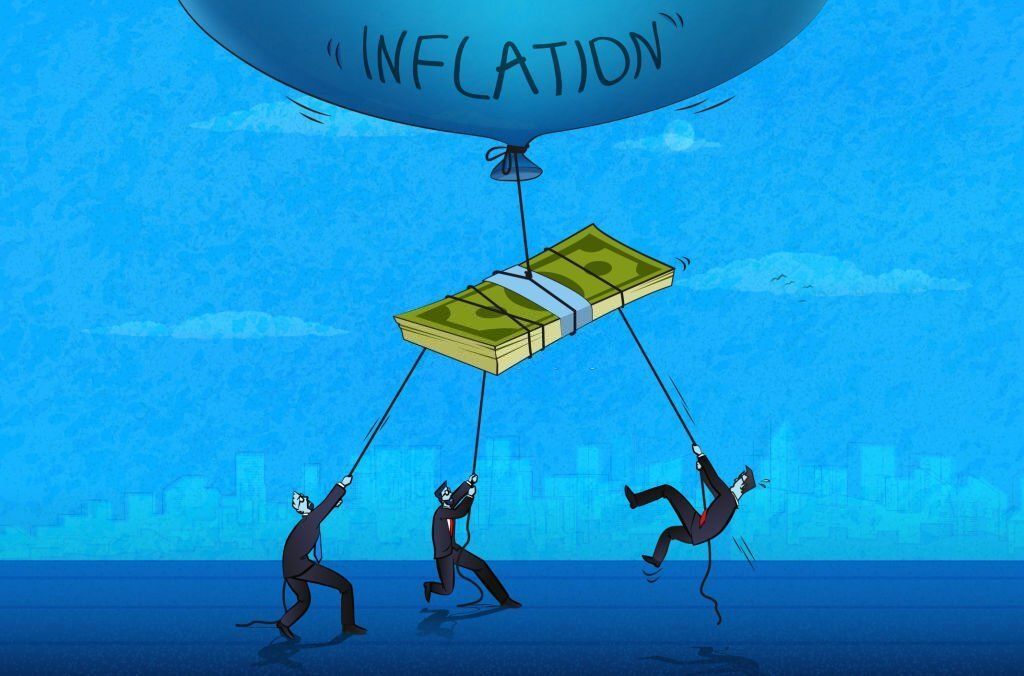Introduction: The Challenge of Inflation
Inflation is a persistent economic phenomenon that affects various aspects of our financial system. While certain financial mechanisms, such as annual 401(k) plan contribution limits and federal income tax brackets, receive regular inflation adjustments, many common elements, including the minimum wage, remain unaffected by inflationary pressures. This discrepancy raises important questions about the fairness and effectiveness of our financial policies.
Annual Adjustments for 401(k) Plans and Tax Brackets
Ensuring Fairness and Equity
Annual 401(k) plan contribution limits and federal income tax brackets are subject to inflation adjustments, ensuring that they keep pace with the rising cost of living. These adjustments help maintain the fairness and equity of these financial mechanisms, allowing individuals to save for retirement and manage their tax liabilities effectively in an inflationary environment.
Promoting Financial Stability
By indexing 401(k) plan contribution limits and tax brackets to inflation, policymakers aim to promote financial stability and security for individuals and families. These adjustments help protect the purchasing power of savings and income, allowing individuals to maintain their standard of living and plan for the future with greater confidence.
The Challenge of Non-Indexed Mechanisms
Inequities in Minimum Wage
Unlike 401(k) plan contribution limits and tax brackets, the minimum wage remains static and is not indexed to inflation. This means that the purchasing power of minimum wage earners erodes over time as the cost of living increases, leading to growing income inequality and financial insecurity for low-wage workers.
Financial Thresholds Tied to Taxes and Investments
In addition to the minimum wage, other financial thresholds, such as taxes on Social Security benefits, accredited investor qualifications, and certain tax deductions, are also not indexed to inflation. This lack of adjustment can result in unintended consequences, including reduced access to benefits and opportunities for individuals and families.
Implications of Static Mechanisms
Erosion of Purchasing Power
The failure to index certain financial mechanisms to inflation results in the gradual erosion of purchasing power for affected individuals and families. Without regular adjustments to reflect changes in the cost of living, the real value of wages, benefits, and deductions diminishes over time, placing additional financial strain on households.
Exacerbating Income Inequality
The absence of inflation adjustments for the minimum wage and other financial thresholds exacerbates income inequality by disproportionately impacting low and middle-income earners. As the cost of living rises, those earning fixed wages or benefits struggle to keep pace, widening the gap between the wealthy and the economically disadvantaged.
Addressing the Discrepancy
Advocating for Change
To address the discrepancy between indexed and non-indexed financial mechanisms, advocates call for reforms that prioritize fairness and equity in the financial system. This includes advocating for regular inflation adjustments to the minimum wage, tax thresholds, and other financial benchmarks to ensure that all individuals have access to essential resources and opportunities.
Policy Considerations
Policymakers must consider the long-term implications of failing to index critical financial mechanisms to inflation. By implementing proactive measures to address income inequality and financial insecurity, policymakers can promote economic stability and prosperity for all members of society.
Conclusion: Striving for Financial Equity
Inflation’s impact on financial mechanisms underscores the importance of maintaining fairness and equity in our economic policies. While annual adjustments for certain elements like 401(k) plans and tax brackets help mitigate the effects of inflation, addressing the static nature of the minimum wage and other non-indexed thresholds remains a critical challenge. By advocating for reforms and policy changes, we can work towards a financial system that promotes inclusivity, opportunity, and prosperity for all.


































